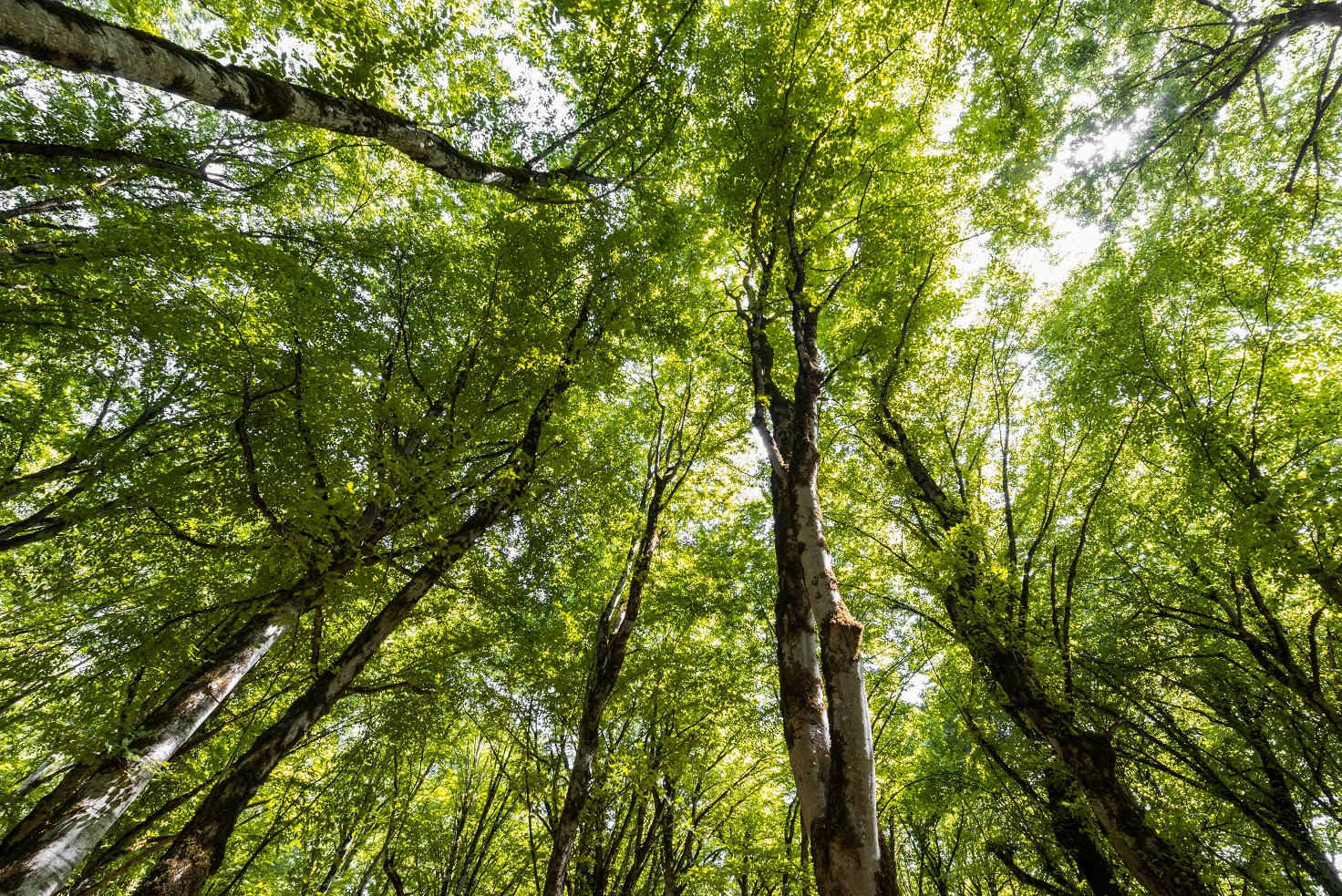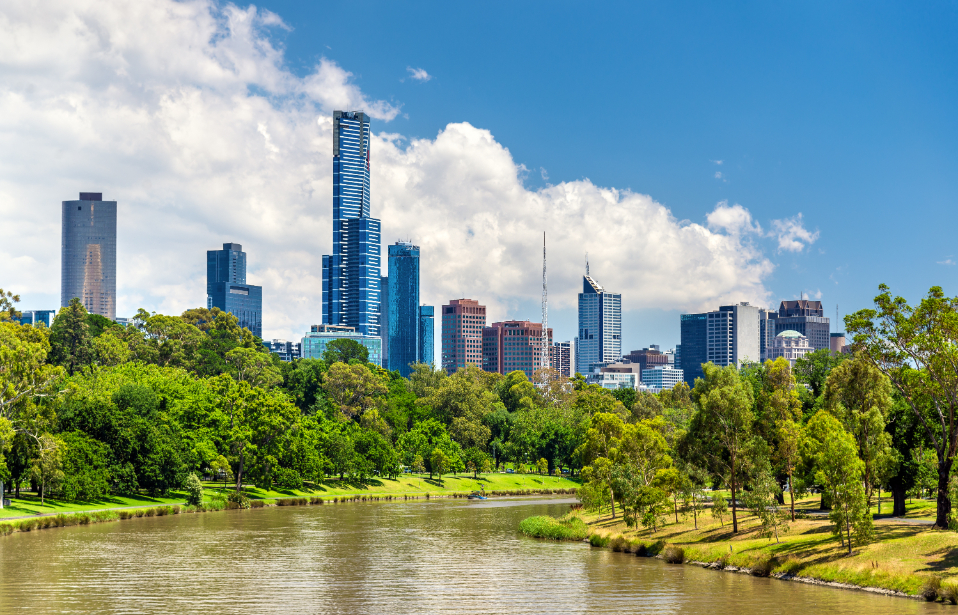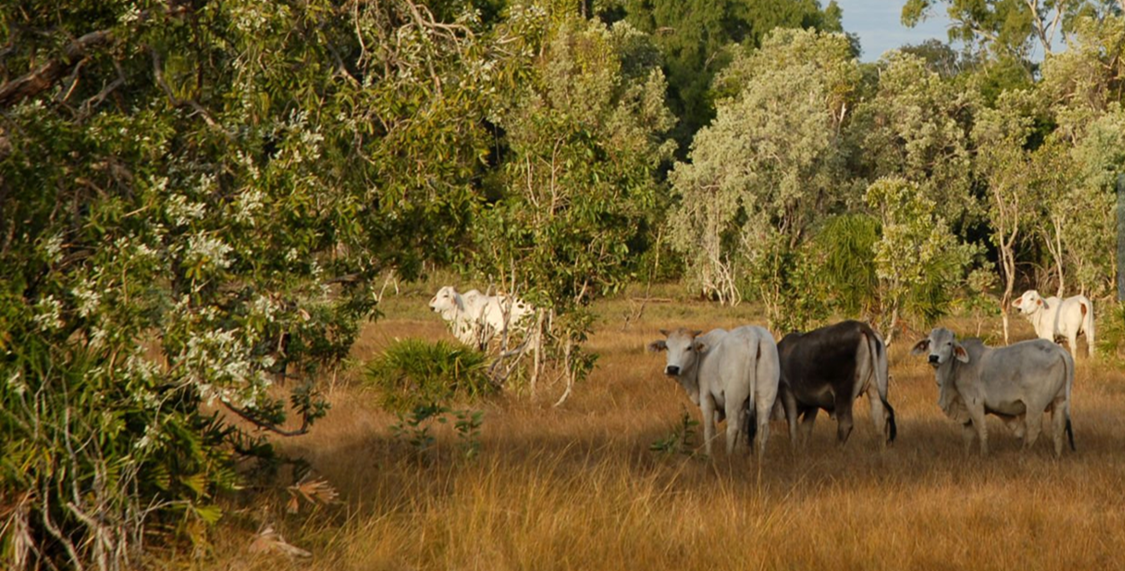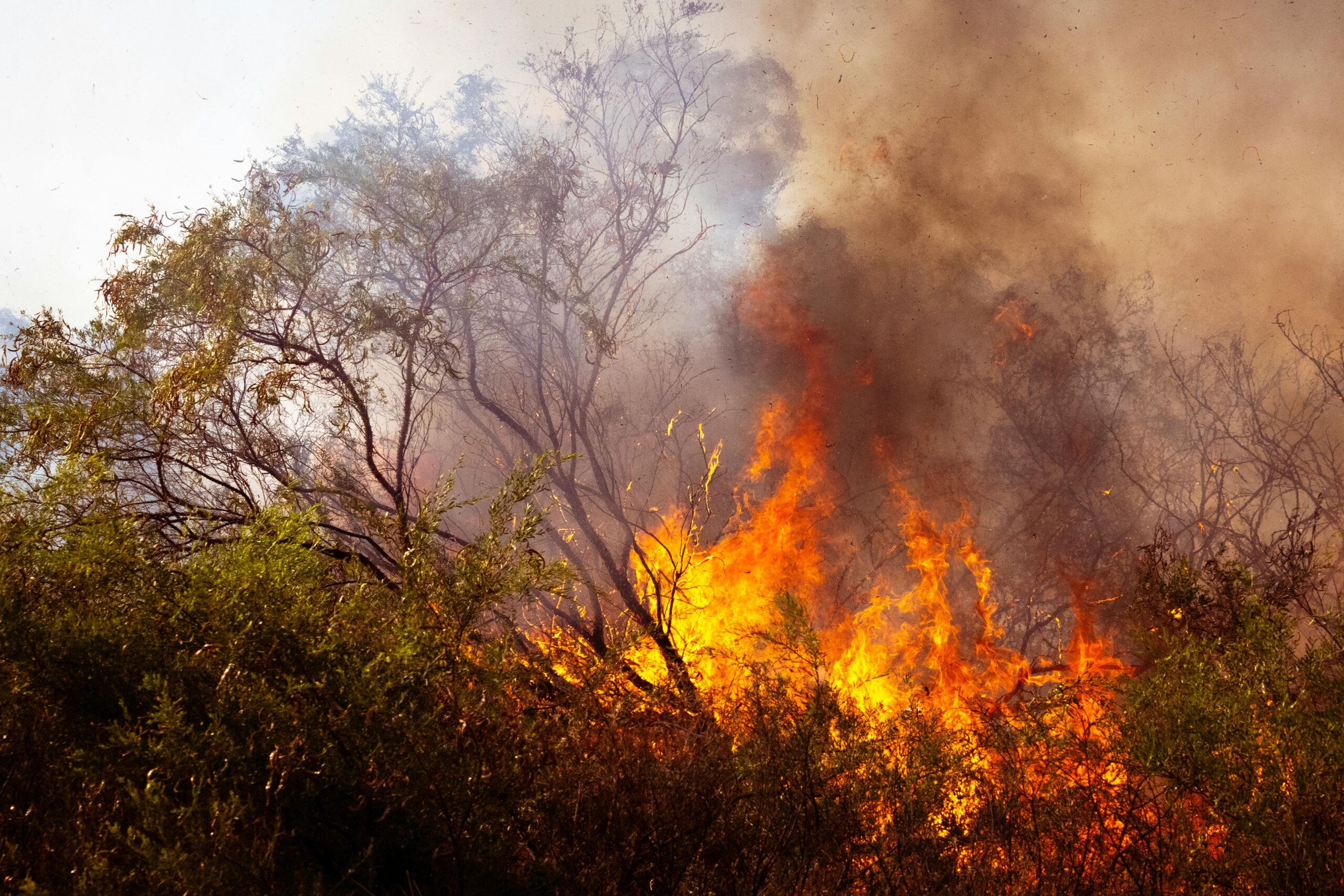Setting targets for urban greening

Mosaic Insights are currently engaged by a Victorian public agency to set targets for the urban cooling (and hence tree canopy cover) for a significant urban development in an emerging growth corridor of Melbourne. The intention is that the outcomes from this project will feed into the first evidence-based, heat-related urban greening targets in Victoria and NSW.
The project will be an exemplar of urban development in water, energy, housing affordability, ecology, indigenous heritage, transport and waste. One of the central elements will be the urban forest and open space network at the site—collectively referred to as green infrastructure. The client has developed a range of vision statements, strategic direction statements, objectives and targets for the project’s long-term goals, which include dedicated objectives and targets relating to community resilience, employment and active transport.
We developed draft targets for urban greening based on urban microclimate modelling and synthesis of the outputs from the broader R&D program. The targets include:
• The urban heat island effect is reduced so that the site will be at least two degrees cooler than surrounding suburbs
• More than 90% of the trees throughout the site will be in good health
• Tree planting will deliver at least 50% tree coverage in public spaces
• There is a greater diversity of plant species and flora recorded compared to 2019.
Our work reviewed the feasibility of a business as usual streetscape to fit canopy cover and alternative engineering designs were then generated to increase the soil volume resulting in more and larger trees being able to fit in the streetscape. The cooling benefit of these alternative streetscapes were also quantified using spatial urban heat modelling.


